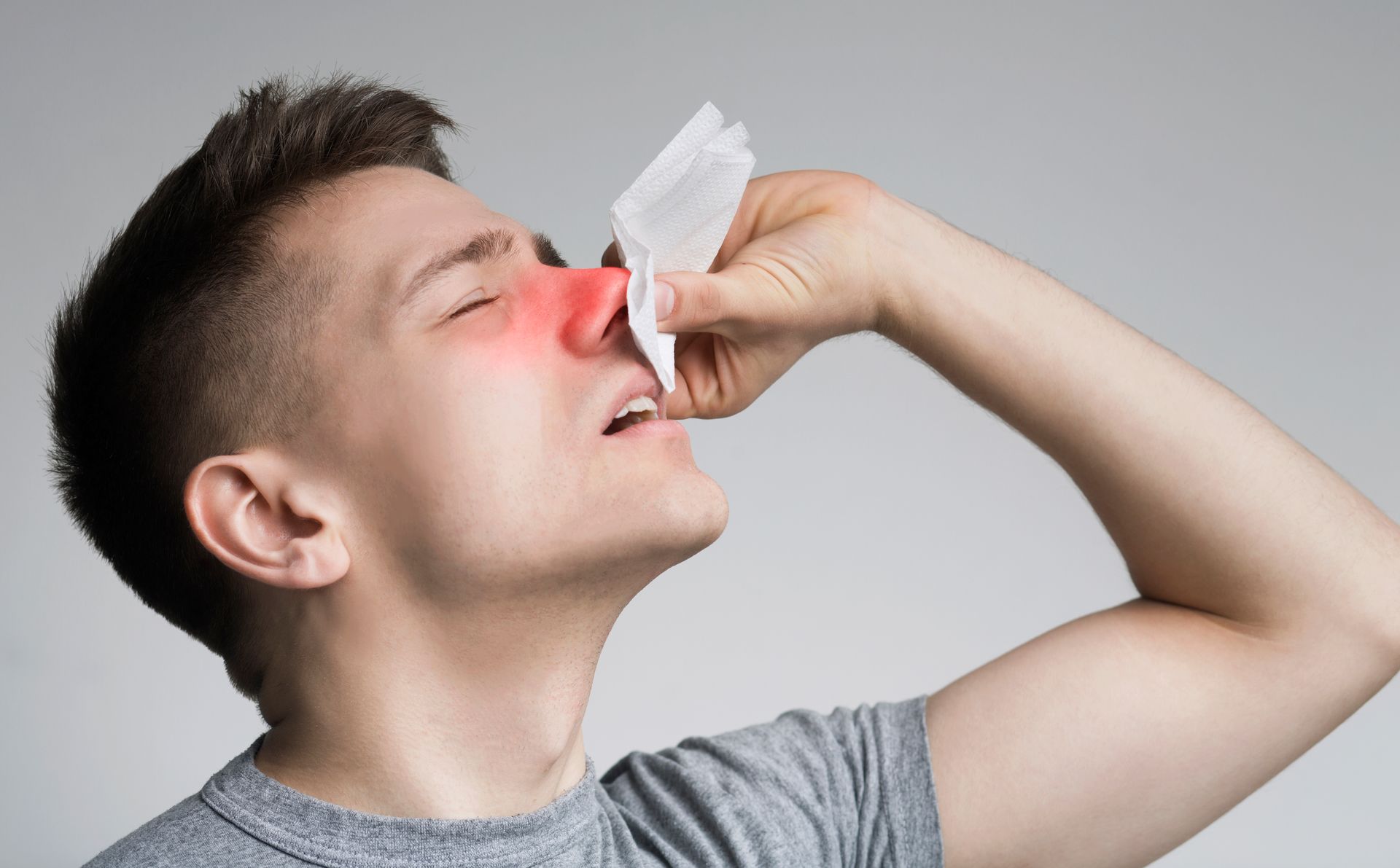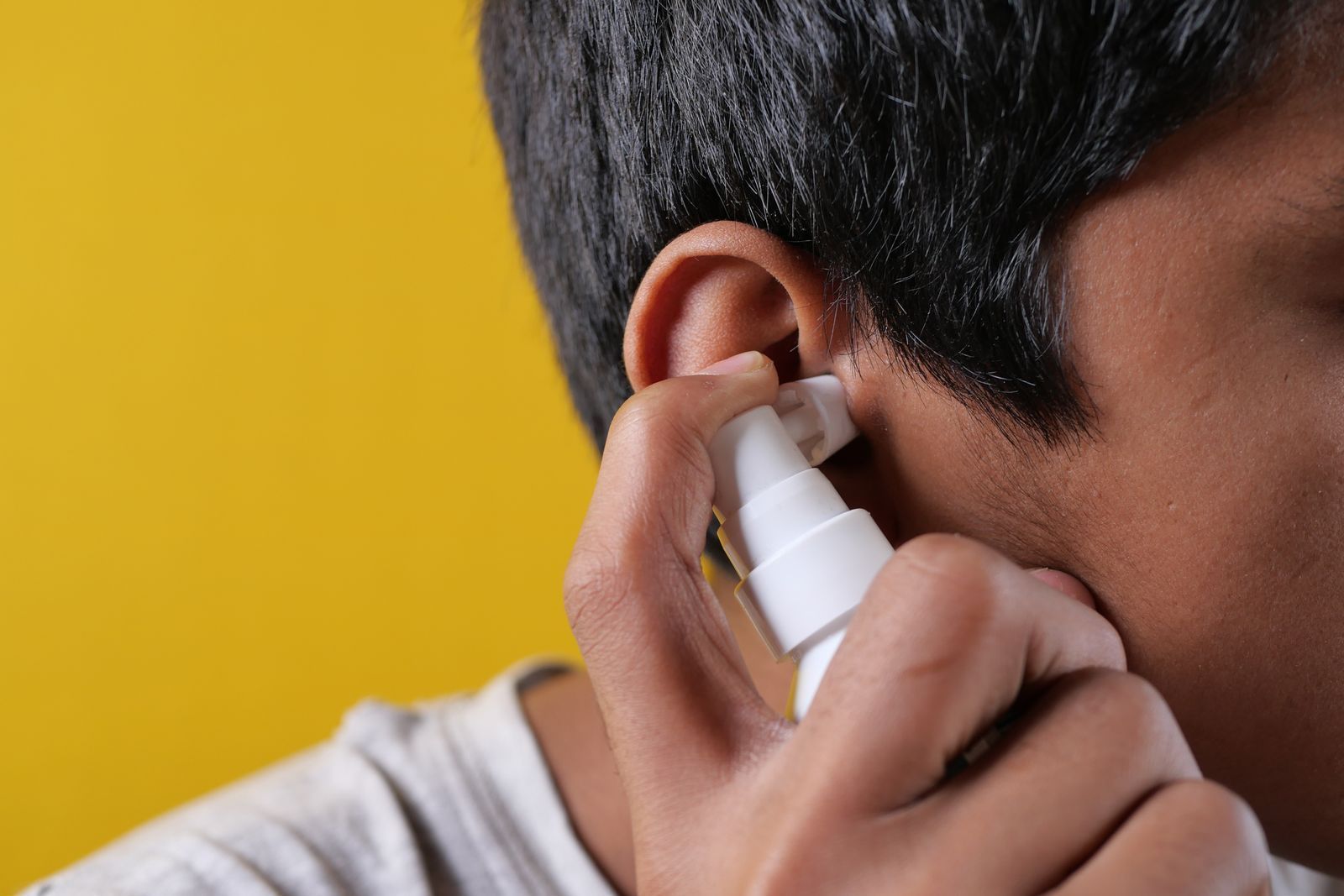Can a Deviated Septum Lead to Sleep Apnea?
If you often wake up feeling groggy or find yourself snoring loudly at night, you may be wondering about the underlying causes of your sleep disturbances. One lesser-known factor that can affect your breathing during sleep is a deviated septum. In this blog, we’ll explore what a deviated septum is and how it can contribute to sleep apnea.
What is a Deviated Septum?
The septum is the cartilage and bone structure that divides your nasal passages. Ideally, it should sit in the center of the nose, allowing air to flow freely through both sides of your nose. However, as many as 80% of people have a deviated septum, meaning this structure is off-center or crooked. This can occur due to genetics, injury, or even the natural aging process.
When the septum is deviated, it can lead to various issues, including nasal congestion, difficulty breathing through the nose, and an increased likelihood of sinus infections. But how does this relate to sleep apnea?
What is Sleep Apnea?
Sleep apnea is a serious sleep disorder characterized by repeated interruptions in breathing during sleep. The most common type, obstructive sleep apnea (OSA), occurs when the muscles in the throat relax excessively, leading to a blockage of the airway. People with sleep apnea often snore loudly and may experience choking or gasping sensations during the night, disrupting their sleep and leading to daytime fatigue.
So, why should we be concerned about a deviated septum in relation to sleep apnea? Let’s explore how they might be connected.
The Connection Between Deviated Septum and Sleep Apnea
- Nasal Obstruction: A deviated septum can create a blockage in one or both nasal passages, making it harder to breathe through the nose. When nasal airflow is restricted, you may be more likely to breathe through your mouth during sleep. Mouth breathing increases the risk of airway collapse, a key factor in obstructive sleep apnea.
- Airflow Limitations: A bent septum can limit airflow, leading to reduced oxygen intake while you sleep. If you're not getting enough air, your body may react by waking you up repeatedly throughout the night, disrupting your sleep cycle.
- Increased Snoring: People with a deviated septum are often more prone to snoring due to restricted airflow. Snoring can overlap with sleep apnea symptoms, making it challenging to determine if you have one or both conditions.
- Compounding Factors: If you already have other factors contributing to sleep apnea—such as being overweight or having large tonsils—a deviated septum could worsen the situation, making it crucial to address both issues.
Signs You Might Have Sleep Apnea
If you suspect that a deviated septum is affecting your sleep, here are some common signs of sleep apnea to watch for:
- Loud snoring
- Gasping or choking during sleep
- Frequent awakenings at night
- Daytime fatigue or excessive sleepiness
- Difficulty concentrating or memory problems
If you're experiencing any of these symptoms, it’s important to consult with an ear, nose, and throat (ENT) specialist for a proper evaluation.
What Should You Do?
If a deviated septum is contributing to sleep apnea, several treatment options are available:
- Nasal Decongestants: Over-the-counter medications can help reduce nasal congestion and improve airflow.
- Nasal Strips: These strips can physically open the nostrils, allowing for better airflow during sleep.
- Surgery: In more severe cases, a surgical procedure called septoplasty may be recommended to correct the deviated septum and improve nasal breathing.
- Continuous Positive Airway Pressure (CPAP): For those diagnosed with sleep apnea, a CPAP machine helps keep the airway open during sleep by providing a continuous stream of air.
Conclusion
In summary, a deviated septum can lead to or make sleep apnea worse by blocking airflow through your nose. If you’re having trouble sleeping, it’s important to talk to an ear, nose, and throat (ENT) specialist about your symptoms. At Kentuckiana ENT, we’re here to help. Our team of sinus and nasal experts can find out if a deviated septum is affecting your sleep and recommend the right treatment for you.
You can easily request an appointment online or call us at (502) 894-8441 for expert care and personalized treatment. Your health and well-being are our top priorities.













